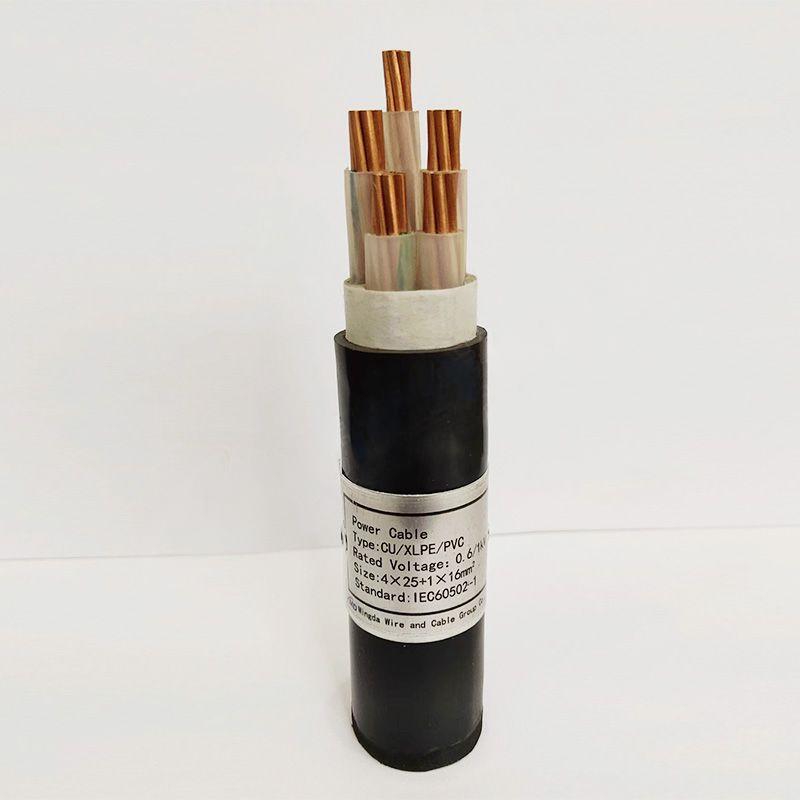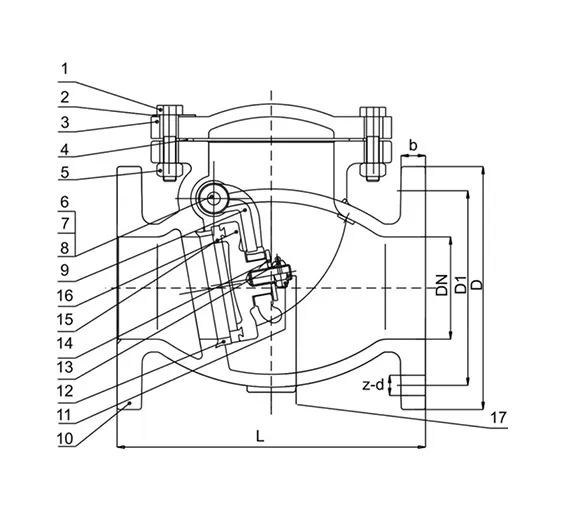İyl . 07, 2025 08:23 Back to list
16 sq mm UG Cable Price - Affordable & High-Quality Power Solutions
- Introduction to 16 sq mm UG Cable Price: Market Trends and Economic Insights
- Understanding Technical Superiority: Key Material Differences
- Aluminium vs Copper: Comprehensive Manufacturer Comparison
- Custom Solutions: Sourcing and Specification Guidance
- Application Scenarios: Real-world Case Studies
- Cost Breakdown: Price Influences and Analytical Table
- Conclusion: Navigating the Market for 16 sq mm UG Cable Price

(16 sq mm ug cable price)
Introduction to 16 sq mm UG Cable Price: Market Trends and Economic Insights
The demand for underground (UG) cables has seen a continual rise due to growing infrastructure and electrification projects worldwide. Among the different types, the 16 sq mm UG cable price is a significant reference point for distributors, project managers, and contractors focusing on medium-power distribution. Over the last decade, volatility in raw material costs—especially aluminium and copper—has directly influenced pricing dynamics. According to 2023 market reports, cable segment contributions reached USD 189.3 billion, with underground power cables accounting for a 27% share in Asia Pacific, led by initiatives in India and China.
Recent statistics reveal 16 sq mm UG cable price ranges from $1.02 to $1.28 per meter, marking an 8% YoY rise attributable to commodity fluctuations. Factors like insulation material, core design, voltage grade, and standard compliance (IEC 60502, IS 1554) also play critical roles in pricing. Understanding these dynamics empowers buyers to make informed procurement decisions and forecast budget allocations more accurately.
Understanding Technical Superiority: Key Material Differences
Material selection is pivotal to UG cable performance, longevity, and safety. Copper and aluminium are the primary conductors, each offering distinct technical advantages. For instance, copper exhibits exceptional conductivity (approximately 58.0 MS/m), enabling efficient transmission over longer distances with minimal voltage drop.
Aluminium, despite its lower conductivity (35.0 MS/m), appeals for its lighter weight and cost-effectiveness. This makes it the preferred choice in projects where budget constraints outweigh space or performance considerations. A recent analysis revealed that 70 sq mm single core copper cables are up to 70% heavier than their aluminium counterparts for the same length, but offer 32% lower electrical resistance—critical in high-load scenarios.
From a safety viewpoint, copper's higher melting point reduces fire risks in high-temperature environments, while aluminium's flexibility supports easier installation in constrained or rugged terrains. Extraction, manufacturing processes, and recycling strategies also influence sustainability scores and, by extension, total project costing.
Aluminium vs Copper: Comprehensive Manufacturer Comparison
To help professionals choose efficiently, the following table compares key attributes and manufacturer offerings in 75 sq mm aluminium cable price, 70 sq mm copper cable price per meter, and related UG cable types. This comprehensive look at India, the UK, and UAE market leaders covers product features, price points, and certifications:
| Manufacturer | Cable Type | Conductor Material | Core Size | Price (per meter) | Insulation/Sheath | Certification |
|---|---|---|---|---|---|---|
| Polycab | UG Power Cable | Aluminium | 75 sq mm | $3.48 | XLPE/PVC | IS 7098 |
| KEI Industries | Single Core | Copper | 70 sq mm | $6.61 | XLPE/PVC | IEC 60502 |
| RR Kabel | Armoured | Aluminium | 16 sq mm | $1.27 | PVC/LSOH | RoHS, IS 1554 |
| Finolex | Single Core Flexible | Copper | 70 sq mm | $6.75 | PVC | IEC 60228 |
| Nexans UAE | UG Cable | Aluminium | 75 sq mm | $3.82 | XLPE | BS 5467 |
From this data, the 75 sq mm aluminium cable price stands competitive between $3.48 and $3.82 per meter, while 70 sq mm copper cable price per meter peaks above $6.50. Buyers must balance technical needs against financial constraints while considering brand legacy and after-sales support.
Custom Solutions: Sourcing and Specification Guidance
Effective project execution often requires cables tailored to specific site conditions, electrical loads, and environmental exposure. When specifying underground cables, key parameters to refine include:
- Voltage class: Ensure compatibility with the project’s power quality requirements (typically 1.1kV – 33kV for standard UG cables).
- Current carrying capacity: Allow for derating factors related to soil type, ambient temperature, and installation technique.
- Shielding and armouring: Essential for protection in subsoil environments prone to mechanical stress, rodent attack, or chemical exposure.
- Flame and smoke resistance: Especially important for cables routed through populated spaces or critical infrastructure.
Application Scenarios: Real-world Case Studies
Underground cables are deployed across a spectrum of critical applications, from urban network upgrades to renewable energy farms. A notable case is the Mumbai Metro Line 2B project, which specified 16 sq mm and 75 sq mm UG cables to deliver continuous traction power under dense urban loads. Here, aluminium core designs were favoured for main lines due to their weight-efficiency and compliance with IS 7098 standards, while copper cores were utilised in segments demanding higher surge resilience.
In another instance, a solar park in Rajasthan implemented over 320 km of 70 sq mm copper single core cables, selected for their reliability under sustained UV and thermal stress—enabling a 99.2% uptime across five years. Industrial installations, such as chemical processing plants, often choose flame-retardant armoured cables with precision pricing strategies ($5.90–$7.25 per meter for 70 sq mm copper types), maximising both safety and operational performance.
These real-world deployments emphasise that while initial price outlay is significant, lifecycle cost calculations—accounting for durability, downtime, and loss mitigation—often make advanced cable solutions a compelling long-term investment.
Cost Breakdown: Price Influences and Analytical Table
The final price of underground cables is the result of multiple aggregated costs, from raw materials to logistics and compliance certification. The following table details the cost structure for both aluminium and copper UG cables, using industry data for 2024:
| Cost Component | 16 sq mm Al Cable (%) | 75 sq mm Al Cable (%) | 70 sq mm Cu Cable (%) |
|---|---|---|---|
| Conductor Raw Material | 48.2 | 52.5 | 62.7 |
| Insulation & Sheathing | 18.1 | 15.7 | 10.5 |
| Armouring/Screening | 11.7 | 9.8 | 8.1 |
| Testing/Certification | 4.5 | 3.7 | 3.2 |
| Labour & Manufacturing | 7.6 | 6.2 | 8.9 |
| Distribution & Logistics | 9.9 | 12.1 | 6.6 |
Raw material pricing remains the dominant price factor, especially for copper-based cables whose rates fluctuate in tandem with global commodity exchanges (LME). Aluminium cables benefit from more stable price trends but incur higher logistics percentages due to increased bulk for equivalent current ratings. Buyers should routinely monitor these granular factors to negotiate optimal contracts and forecast lifecycle expenses.
Conclusion: Navigating the Market for 16 sq mm UG Cable Price
A thorough understanding of the 16 sq mm UG cable price market landscape, technical specifications, and application-driven choices allows buyers and stakeholders to maximise value and operational safety. The key is to align project performance requirements—including reliability, compliance, and cost—with market intelligence and manufacturing best practices. By diligently comparing 75 sq mm aluminium cable price, 70 sq mm copper cable price per meter, and 70 sq mm single core copper cable price, one can balance long-term efficiency with capital deployment, ensuring robust and future-ready installations.
Ultimately, cable selection impacts not just immediate expenditure but long-range operational stability and regulatory security—a critical aspect in modern power distribution and infrastructure transformation.

(16 sq mm ug cable price)
FAQS on 16 sq mm ug cable price
Q: What is the current price of 16 sq mm UG cable?
A: The price of 16 sq mm underground (UG) cable depends on the brand and type. On average, it ranges from $2 to $4 per meter. Please check with local suppliers for the latest rates.Q: How much does a 75 sq mm aluminium cable cost per meter?
A: The price for a 75 sq mm aluminium cable typically falls between $5 and $8 per meter. Prices can vary based on insulation type and manufacturer. Contact your supplier for an exact quote.Q: What is the price range of 70 sq mm copper cable per meter?
A: A 70 sq mm copper cable usually costs between $15 and $20 per meter. The price may vary depending on market rates and certifications. Always confirm with authorized distributors.Q: How much does a 70 sq mm single core copper cable cost?
A: The 70 sq mm single core copper cable price is typically $14 to $18 per meter. Prices may change with copper rates and insulation quality. Check with suppliers for the best offer.Q: Are there differences in price between aluminium and copper cables of similar size?
A: Yes, copper cables like 70 sq mm are significantly more expensive than aluminium ones like 75 sq mm. This is due to the higher cost and conductivity of copper. Always compare specifications before purchasing.Share